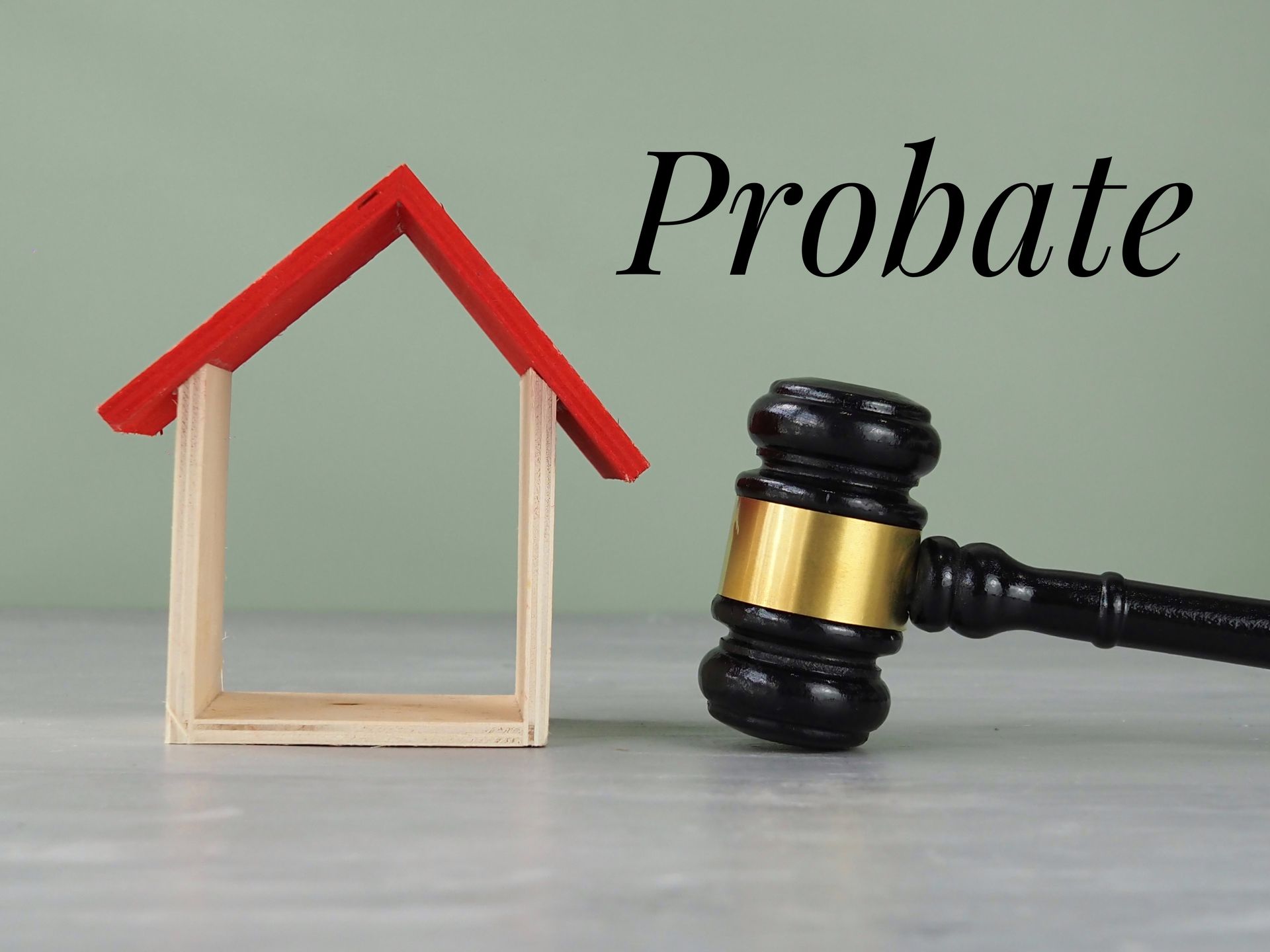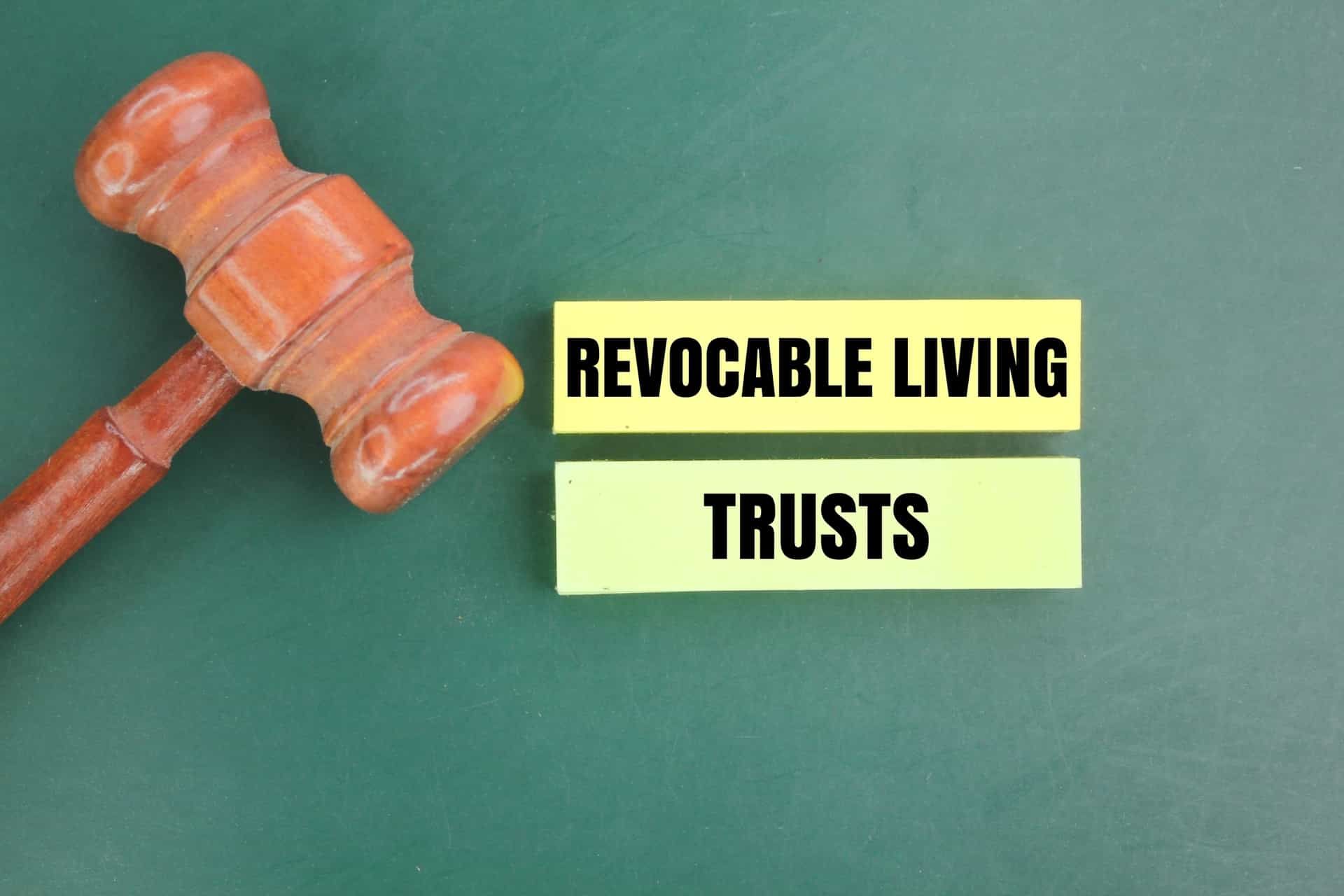Do All Wills Need to Go Through Probate?
What is Probate and Why is it Important?
Probate is a legal process that occurs after someone passes away. It ensures that their estate is administered according to their wishes and applicable laws. It involves validating the deceased's will, if one exists, and overseeing the distribution of assets to beneficiaries. Understanding probate is crucial for anyone who wants to secure their legacy and ensure a smooth transition for their loved ones.
The importance of probate cannot be overstated. With it, there can be significant clarity over asset distribution, leading to potential disputes among heirs. Additionally, probate serves as a safeguard against fraud by providing a clear legal framework for handling the deceased's affairs. It also allows creditors to make claims against the estate before assets are distributed, protecting the estate and its beneficiaries.
In essence, engaging with the probate process honors the wishes of those who have passed and provides peace of mind for surviving family members. By understanding what probate entails and its significance, individuals can take proactive steps in estate planning—ensuring that their loved ones are cared for during an already challenging time.
Common Misconceptions About Probate and Wills
Several common misconceptions about
probate and wills can lead to confusion and misinformed decisions.
1. One prevalent myth is that only wealthy individuals need a will or are subject to probate. In reality, everyone can benefit from having a will in place, regardless of their financial situation. A will ensures that your wishes are honored and your loved ones are cared for after you pass away.
2. Another misconception is that probate can be avoided entirely if you have a joint account or property with someone else. While joint ownership can simplify the transfer process for certain assets, it doesn't still need to eliminate the need for a will or the potential complexities of probate for other parts of your estate.
3. Many also believe that creating a will is expensive and complicated. However, with various resources available today—from online templates to professional legal services—establishing a clear and legally binding will can be both affordable and straightforward.
4. Lastly, once a will cannot be changed or created, it cannot be true! Life circumstances change—marriages happen, children are born, and relationships evolve—and updating your will regularly ensures it reflects your current wishes.
Understanding these misconceptions about probate and wills empowers individuals to effectively manage their estate planning. Don't let myths stand in the way of securing peace of mind for yourself and your loved ones; take action today!
When Do Wills Typically Require Probate?
When it comes to
estate planning, understanding when wills typically require probate is crucial for ensuring that your assets are distributed according to your wishes. Probate is the legal process that validates a will and oversees the distribution of a deceased person's assets. While not everyone will require probate, there are specific situations where it becomes necessary.
Firstly, if the deceased owned property solely in their name—such as real estate or vehicles—probate is generally required to transfer ownership legally. Additionally, if the estate includes significant financial accounts without designated beneficiaries, these assets must go through probate.
Another common scenario arises when there are disputes among heirs or challenges to the will's validity. In such cases, probate can help resolve conflicts and ensure all parties adhere to legal protocols. Moreover, if the deceased had debts that need settling before distributing assets, probate provides a structured framework for managing these obligations.
Ultimately, while navigating through probate can seem daunting, understanding its role in executing a will can provide peace of mind for you and your loved ones. It ensures that your final wishes are honored while protecting your heirs from potential disputes and complications.
Exceptions: When a Will May Not Need to Go Through Probate
While many people assume that all wills must go through probate, there are notable exceptions where this process can be bypassed altogether. Understanding these situations can save time, money, and emotional stress for your loved ones during an already challenging period.
One key exception is when assets are held in a living trust. If you've established a revocable living trust and transferred your assets into it, those assets can be distributed to beneficiaries without undergoing probate. This not only streamlines the transfer process but also keeps your affairs private.
Another instance where probate may not be necessary is when the estate's total value falls below a certain threshold set by state law. Many states have simplified processes for small estates that allow heirs to claim assets without formal probate proceedings.
Additionally, joint ownership of property can also avoid probate. For example, suppose you jointly own real estate or bank accounts with another person and designate them as co-owners with rights of survivorship. In that case, those assets will pass directly to the surviving owner upon death.
Lastly, certain types of accounts, such as life insurance policies or retirement accounts, typically allow for direct beneficiary designations that bypass probate entirely.
By being aware of these exceptions, you can take proactive steps in estate planning to ensure your wishes are honored while minimizing the burdens on your heirs.
Conclusion: Understanding Your Options – Don't Let Probation Be a Burden on Your Loved Ones!
In conclusion, navigating the complexities of probation can be daunting, not just for the individual but also for their loved ones. Understanding your options and making informed decisions that will alleviate any potential burdens.
By hiring our team at
Doane & Doane, you are choosing experienced professionals who prioritize your peace of mind and well-being. Our dedicated experts will guide you through each step of the process, ensuring that you have the support needed to manage probation effectively. Don't let probation become a source of stress for you or your family—reach out to us today and take control of your future!
Disclaimer: The information on this website and blog is for general informational purposes only and is not professional advice. We make no guarantees of accuracy or completeness. We disclaim all liability for errors, omissions, or reliance on this content. Always consult a qualified professional for specific guidance.
RECENT POSTS






